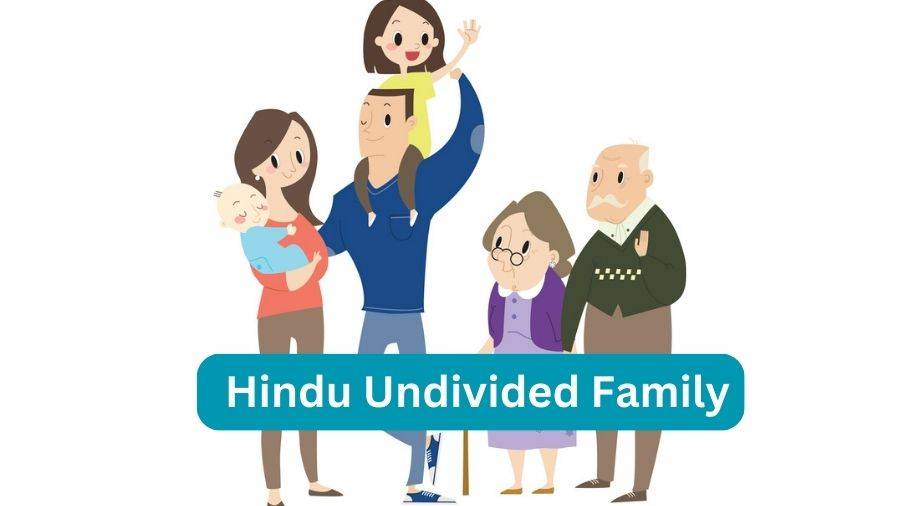2024

Hindu Undivided Family (HUF)
A Hindu Undivided Family (HUF) is a separate legal entity in the eyes of the law. HUF includes all family members with the eldest one as Karta (head of the family). In HUF, all family members share common ancestral property and the property was purchased in the name of HUF.
HUF Has The Following Features
- It can be formed only by Hindus, Jains, Sikhs & Buddhists.
- There must be at least two co-parceners and at least one male member is necessary for incorporation.
- Co-parcener has a right over the ancestral property and they can claim partition but members do not have the same rights.
- After the amendment of Section 6 of The Hindu Succession Act which came into force on 09.09.2005, married or unmarried daughters can also become a co-parcener in HUF.
- A wife can only become a member in her husband’s HUF i.e. she can’t be a co-parcener.
- The co-parcenary extends to four generation down the family hierarchy.
- Till Jan 2016, a woman could not be the karta of HUF. Now a daughter can become a karta but a wife cannot acquire the same position because a karta must be a co-parcener.
- After the death of the husband, a widow can become a manager of HUF if all the other surviving co-parceners are minors.
- In HUF, there could be all the female members also when the husband dies and she has no son.
- A husband and wife can form a HUF but the property must be received on the partition, if the property comes from an outside source then they cannot form a HUF.
- An individual can be a member of more than one HUF.
Taxability of Income of HUF
- The same tax slabs apply to HUF as to individual assessees with an exemption limit of Rs 2.5 lakh.
- Under section 10(2) of The Income Tax Act 1961, profit received by a member of HUF is fully exempted.
- Gifts collected up to Rs 50,000 are tax-free.
- Section 80C Deduction is available up to Rs 150000 to both HUF and members
- If HUF is managed and controlled from outside India, then it will be considered a non-resident HUF.
- If any property is gifted by any member to HUF it will be tax-free, but any income from such property will be deemed to be considered as income of the member as per the clubbing provision of income tax (section 64 (2))
- Tax audit of HUF business is required if turnover exceeds Rs 60 lakhs.
Partition of HUF
- A co-parcener or member does not have a definite share in the HUF Property before partition.
- The share of each branch of the family will be per stripe and then it will be distributed between the coparceners of the branch per capita.
Example:-
Mr. A has an HUF having his wife W and sons B and C as well a married daughter D. Both the sons are married and have two children each. On a partition of the assets of the HUF, each one of A, W, B, C and D will get 1/5 share in the HUF assets. The shares of B and C in the HUF assets will be further shared amongst themselves and their children equally. So each one will get 1/15 share of the HUF assets (1/3 of 1/5 share allotted on the partition). It may be noted that the daughter will take her share as her individual property.
- As per section 171(9) of The Income Tax Act 1961, The income tax laws do not recognize partial partition, the income arising from the assets distributed to the members shall continue to be taxed in the hands of HUF even if the HUF does not receive the income.
THIS ARTICLE IS NOT FOR LEGAL PURPOSE. PLEASE GO THROUGH THE ACT BEFORE RELYING ON THIS INFORMATION.
Priyanka Mittal
(Trainee in Singla Pawan Associates)